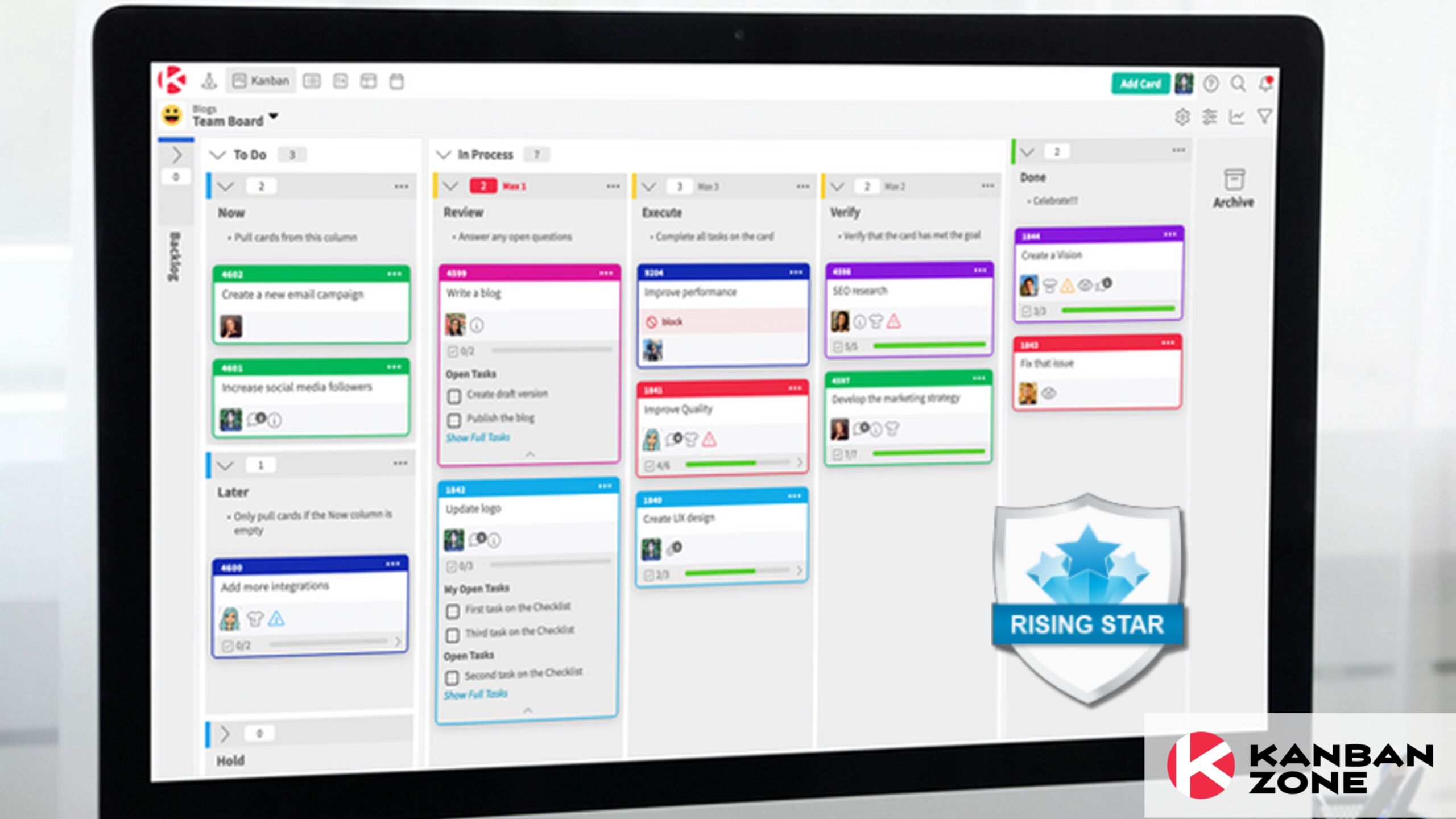
An effective leader is expected to handle both the ups and downs of a team. You don’t only get to show up when there’s praise to be given. You show up and give your best when things go south. As Robin Sharma puts it, “Anyone can lead when the plan is working. The best lead when the plan falls apart.” It’s during crises that better team leaders take center stage.
A crisis comes in different forms for different businesses. Some common corporate crisis examples include legal battles, internal labor issues, cybersecurity, product recalls, natural disasters, or a health crisis that will change the way your company operates. During these unprecedented times, leaders are tested for their resilience and ability to pull their teams through and emerge successfully. But how do business leaders become better team leaders during challenging times? What are the ways to keep yourself resilient, effective, and focused when things get uncertain?
10 Tips on How to be a Better Team Leader During Crises
I believe that leaders are made not born. It is through practice, experience, and a solid foundation of values that better team leaders stand out from the rest. It’s easy to lead when things are going smoothly and well. But to become a better team leader, you’ve got to navigate through turbulence too.
Here we share 10 tips to become better team leaders during a crisis.
Stay True to Your Vision and Values
They say your true colors show in times of trouble. The same is true when it comes to leadership. But if you know your company’s values at heart and keep yourself grounded by them, you will move forward like you always do. You will also inspire your teams to live out the same values day-by-day. Anchoring yourself to your company’s values also allow you to stay focused on your vision and goals. So the next time you feel doubtful that you can emerge through this crisis, look into your values and see if you’ve been living them out well. A better team leader stays true to their values even when no one else is looking.
Lead with Empathy and Compassion
Better team leaders put their people first, especially during challenging times. In a crisis, emotions run high. Fear and anxiety can get the best of people. It is your job as a leader to see through the lens of your employees and see how best to manage their fears and doubts. You will better understand your people by taking the time to listen to them. Engage in a dialogue with your direct reports and encourage them to do the same for their teams. Not only will you get to understand what’s going through their minds, but you’ll have a better grasp of how you can address their questions, fears and doubts. This will also make your team feel safe, secure, and heard.
Maintain a Balanced Perspective
As uncertainty looms, it’s important to maintain a balanced perspective on things. While we certainly should hope for the best, we should not discount the possibility of the opposite to happen. A better team leader is prepared for both scenarios. Work with your team to devise contingency plans as best you can. This will help you and your team maintain flexibility for any situation that may arise while navigating the crisis.
Encourage Shared Leadership

During times of crisis, even though you’re the one leading, you should remember that you have a competent and reliable team to support you as well. It’s all hands on deck. Encourage your team members to give their feedback and ideas. Leverage their expertise and knowledge of the business. A better team leader empowers their teams and shares authority. And with more heads working on a crisis, you will collectively feel more confident and empowered to move to the next step in your professional journey.
Shared leadership can be seen in Kanban teams. One of Kanban’s foundational principles state, “Encourage acts of leadership at all levels.” You will become a better team leader when you enable others to lead as well, no matter how small. We share more on Kanban Shared Leadership in this blog.
Decide Swiftly but with Confidence
Timing is key in a crisis. Some decisions could make or break your path to recovery and you need to execute those decisions immediately. But that doesn’t mean you should decide without proper assessment of the situation. To speed up the decision making process, involve your team and gather their inputs. This is another way to display shared leadership. Get their advice and use that to make a sound and timely decision. After making the decision, don’t waste time thinking about whether you made the right one or not. Stand by and be confident of your decision. Should there be a need to adjust in the future, then that’s another decision you’ll have to make.
Take Responsibility
A better team leader knows how to stay accountable and responsible. There’s no room for blame especially in a crisis. Real leaders know how to acknowledge their and their team’s faults as their own. When you take responsibility, you also teach your teams to become accountable. You also earn their trust and respect.
Look Beyond the Crisis
While crises will certainly introduce low points for your team and the business, it will not remain that way for long. Your short-term crisis management plans will include responding to immediate needs and issues, resuming status quo, and recovery. But apart from those, you also need to work on your restoration and prevention plans. While some crises are not fully preventable, like external ones, your most recent crisis will have taught you how to better handle it should it happen the next time around. Review your crisis management plan and policies.
A crisis can also push businesses to innovate. I treat it as a free pass to try new things. Take for example a health crisis such as COVID-19. Almost all businesses were forced to work from home. Companies are revisiting their strategies and planning how to digitize and leverage technology. They would not have done this otherwise or would have taken them longer to do so. But because we’re in the middle of a crisis, businesses were forced to adapt faster. And a lot of us are learning that digitization, remote working, e-commerce can be done and should be part of our business structure and models.
A better team leader can direct a team and the business through the short-term and long-term course of the crisis. Envisioning a better and possibly different future-state, a better team leader will rally its troops and work together to innovate and create new and exciting possibilities.
Recharge to Stay Resilient
Leading through a crisis can take a toll on your health. Working through stressful days and nights will affect your physical, mental, and emotional well-being. To remain calm, collected, and focused as you navigate through the crisis, you must not start a personal crisis yourself. Take the time to recharge each day. Take breaks in between meetings. Eat healthy and keep yourself active to alleviate the stress. A better team leader knows that taking care of himself will allow him to serve the team and business in the best way possible.
Better Team Leaders Emerge in Times of Crisis
A crisis is a defining moment in any leader’s professional journey. The way you act and navigate through a crisis will show just how effective you are as a leader. These 10 tips will help you work your way through any crisis and emerge successful. Through it all, you have your values to ground you, your expertise to guide you, your team to support you, and your vision to direct you. Believe that you will surface through the hardships as a better team leader and your team will follow suit.
Learn to Work Smarter, Not Harder!
Get our top articles weekly.
Table Of Contents
Discover many more posts…







